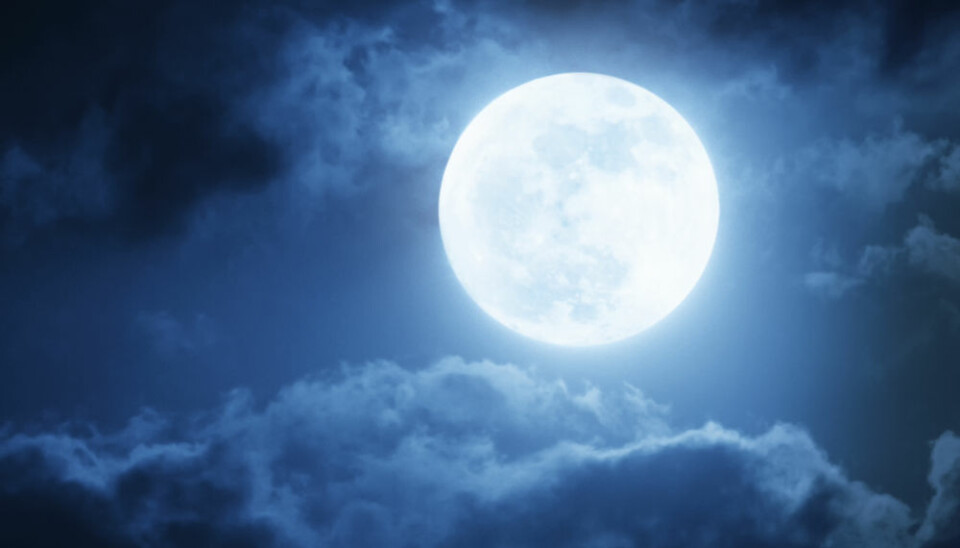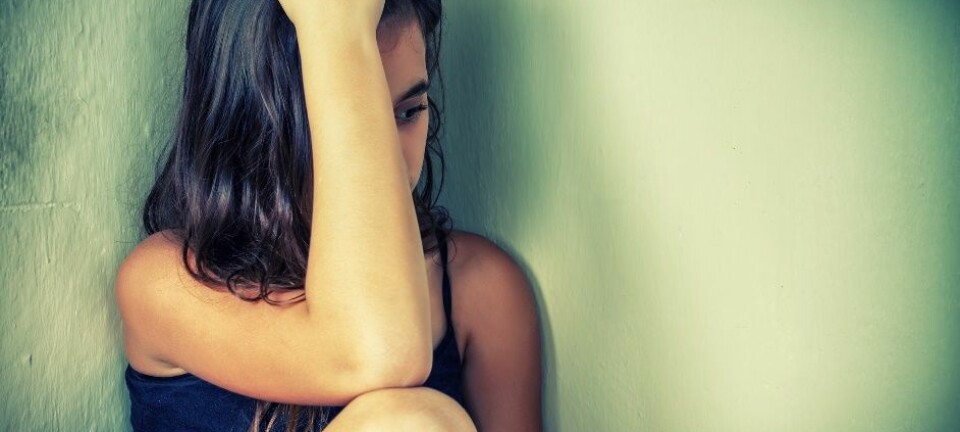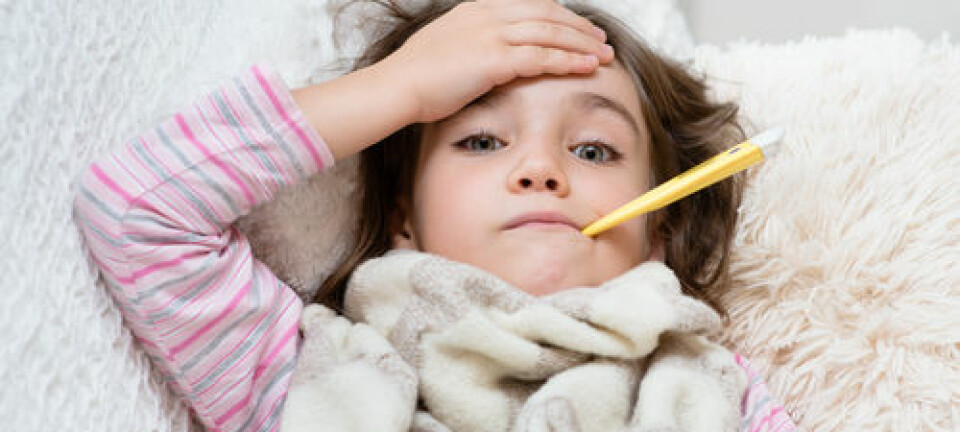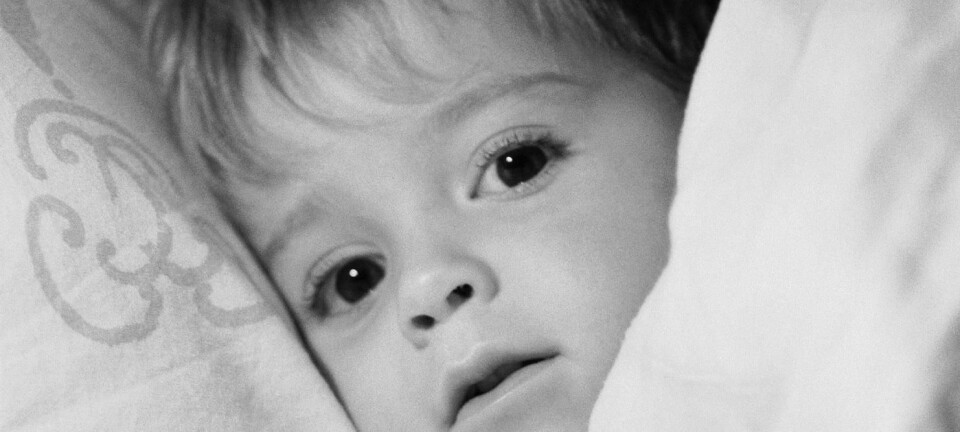
Children are less active and have higher blood pressure at full moon
The lunar cycle seems to have an effect on children’s health and activity levels, but scientists are at a loss when it comes to finding an explanation for this.
Just a few decades ago, it was still widely believed that the full moon held special powers and could make people act strange or even go mad.
This has long since been dismissed as unscientific superstition. However, it might be time to revise that notion.
A new study, published in the scientific journal Clinical Obesity, shows that the lunar cycle is associated with a negative effect on children’s levels of physical activity, blood pressure, and blood sugar levels.
“It’s a very mysterious finding. We actually have no idea what the reason could be for these changes in children’s behaviour during the course of the lunar cycle. It’s the first time anyone has studied children’s health in relation to the lunar cycle,” says Mads Fiil Hjorth, postdoc at the Department of Nutrition, Exercise, and Sports at the University of Copenhagen.
“Perhaps the explanation is hidden far back in evolutionary history, when moonlight could influence chances of survival and reproduction among animals and small organisms,” he says.
Hjorth is the main author of the new research article that has been written in collaboration with a team of scientists from the research centre OPUS at University of Copenhagen.
More sleep at full moon
During the study, the scientists collected data from 795 children aged 8-11, taking blood samples and measuring blood pressure, sleep, and activity levels. The information was gathered over the course of nine lunar cycles - i.e. months - and then analysed.
The results revealed that on the days around a full moon the children were on average 3.2 minutes less moderately to very physically active than at new moon; equivalent to roughly 8 percent lower activity levels.
Moreover, the children’s blood pressure was 0.8 mmHg higher - equivalent to an increase of roughly 1 percent - and had an average of 0.12 mmol/L higher blood sugar levels - equivalent to an increase of just over 2 percent.
Finally, the children slept 4.1 minutes more on average at full moon.
Less activity could be the answer
“In healthy children there is rarely a change in the blood sugar levels, because they’re so well regulated by the insulin in their bodies. Even though at full moon the children actually have a higher insulin production, which is a biological process designed to keep the blood sugar level down, we keep seeing a modest, yet notable increase in blood sugar levels at full moon,” says Hjorth.
The deterioration in the children’s health happened despite the fact that the children slept a bit longer at full moon, and sleeping longer normally isn’t associated with a negative effect on blood sugar regulation and blood pressure. This only adds to the mystery, says Hjorth.
“The explanation could be that lower activity levels have a negative effect on children’s health. After all, we’re talking about a decrease in physical activity of almost ten percent. However, we actually don’t know if it is a question of activity. Nor can we explain why the children are less physically active at full moon,” he says.
We could have a lunar cycle inside
Sleep scientist Birgitte Kornum, PhD and senior researcher at the Molecular Sleep Laboratory at Glostrup Hospital’s Research Institute, is optimistic about the results.
“This is very exciting. At this stage there is good evidence to suggest that we all have a monthly cycle inside that influences our sleep and perhaps other areas, too,” she says.
“The question is whether it’s a coincidence that the cycle follows the amount of moonlight that shines down on us, or whether the human cycle is an innate part of our biology, like the female menstrual cycle.”
Moonlight could hold the answer
If the moon influences our sleep, then the answer must be found in the amount of moonlight that shines down on us, says Jan Ovesen, MD, who is a specialist in dyssomnia at the Private Hospital Skørping in Denmark.
“Our sleep is influenced significantly by the amount of light we’re exposed to in the evenings and mornings. Our brains are designed to wake up when it’s very bright. If there’s a clear sky at full moon there will be 25 times as much light as there is at new moon or if it’s cloudy. So it could be the case, but I still have my doubts that it’s the moon that’s the influential factor in this study,” says Ovesen.
The question whether the moon holds a special power over our sleep, behaviour and health remains unresolved.
“I think that people will be interested in pursuing this further, and that one day we’ll grasp the true nature of this enigma.” says Kornum.
------------------
Read the original article in Danish on Videnskab.dk
Translated by: Iben Gøtzsche Thiele










